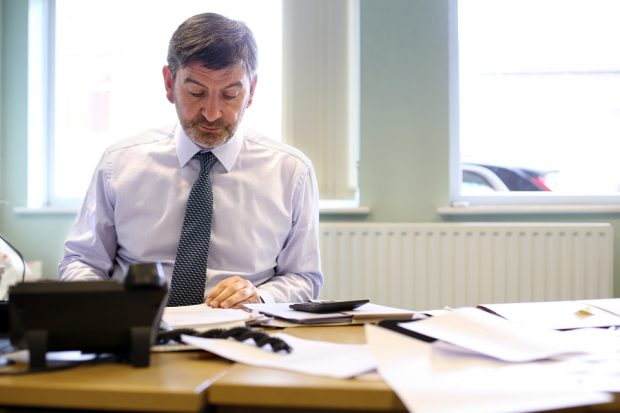A Teesside solicitor says proposals to reform the compensation system for those injured and killed during combat need to be closely scrutinised to ensure victims and their families don’t lose out.
The Ministry of Defence wants to increase the amount of money it pays out in such circumstances while at the same time bringing in new laws to make it more difficult to challenge military decisions in the courts.
Currently, those who are injured while on military duty or the families of those killed receive payments under the current Armed Forces Compensation Scheme.
However, they may be able to win further compensation by suing if they think negligence on the part of the Ministry of Defence caused the loss.
The courts have established a “combat immunity” defence that in most circumstances prevents payments being made for negligence resulting from combat.
Litigants have tried to get around this by claiming negligence at an earlier stage not covered by the immunity – such as inadequate equipment or training were responsible for what happened – rather than the combat itself.
Ministers now want to close that common law loophole with a new Act of Parliament clarifying the situation.
“Our Armed Forces put their lives on the line to keep us safe,” said Defence Secretary Sir Michael Fallon. “This new scheme will mean more generous payments to anyone injured or the families of those who are killed in combat. By making these changes we will put more money into compensation and remove the stress of lengthy legal action.”

Anthony McCarthy, who specialises in handling personal injury claims at Macks Solicitors in Middlesbrough, remains to be convinced that barring members of the military and their families from accessing the courts is the right thing to do.
“Assessing a fair level of compensation for anyone who has been seriously injured is far from straightforward,” he said.
“There are many factors that need to be taken into account, including future care needs and ongoing medical costs. We are told the new scheme will be more generous, but will it factor in all these highly complex issues? Will the full range of expert professional opinion be sought or will officials simply arrive at a figure that cannot then be questioned?
“I can’t help thinking that denying injured service men and women and their families their own legal representation will not turn out to be in their best interests.”
Chief of the Defence Staff Sir Stuart Peach hopes as many people as possible will contribute to the consultation.
“Clarifying combat immunity and offering better compensation will remove the need for legal action and the courts will no longer have to second-guess military decisions,” he said.
“This will allow our Armed Forces to do their job knowing they, or their families, won’t have to go to court for compensation in the case of injury or death in combat. I strongly encourage personnel to contribute to the consultation in order to have their views considered in the development of the scheme.”
Contributions to the consultation can be emailed to DJEP-CombatCompensation@mod.uk
